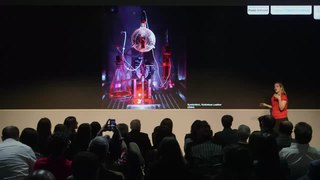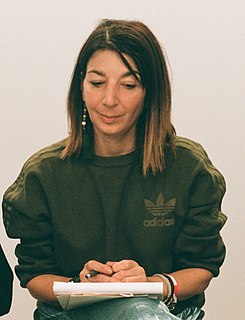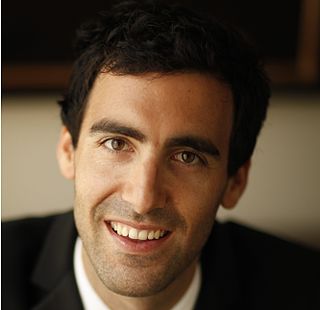A Quote by Peter Agre
There are over 50 brilliant scientists working at my lab, and being sensitive to their needs is among the top skill sets that scientists like me have to learn.
Related Quotes
Scientists are people of very dissimilar temperaments doing different things in very different ways. Among scientists are collectors, classifiers and compulsive tidiers-up; many are detectives by temperament and many are explorers; some are artists and others artisans. There are poet-scientists and philosopher-scientists and even a few mystics.
The word smart is not applied to all professions, even if you are smart in that profession. No one talks about smart lawyers. They may say a brilliant lawyer. They'll talk about a creative artist. Smart is saved for scientists. It just is. It's not even really applied to medical doctors. It applies to scientists in the lab figuring out what hadn't been figured out before.
People often think of artists and scientists as being diametrically opposed, but we both believe something is possible. We have a hypothesis and then we do everything to make it possible, but we don't know if it's possible! All the scientists I've worked with have a natural, easy fit with me. The solutions they find are truly creative. All scientists, in some way, are artists.
I think that's the mother and father of all cop-outs. It's an honest scientific quest to discover where this apparent improbability comes from. Now [Francis] Collins says, "Well, God did it. And God needs no explanation because God is outside all this." Well, what an incredible evasion of the responsibility to explain. Scientists don't do that. Scientists say, "We're working on it. We're struggling to understand."
I don't think any administration, when they come in, thinks that their job is to tell the scientists what the science looks like or to be quiet about the science. Scientists need to remain true and not allow science to be politicized. Scientists are not politicians, and no politician should consider themselves to be a scientist.


































